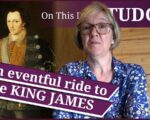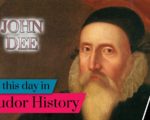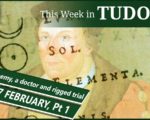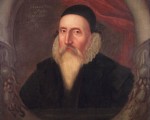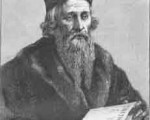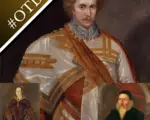
On this day in Tudor history, 13th July, the famous multi-talented John Dee was born; members of the new Queen Jane’s council were meeting with the imperial ambassadors; and poet and courtier Robert Sidney, 1st Earl of Leicester, died at Penshurst…
[Read More...]

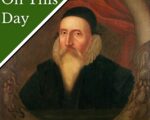
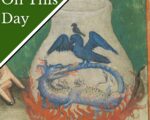
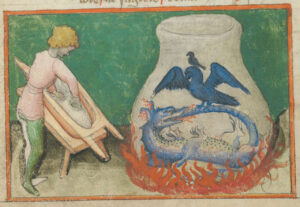 On this day in Tudor history, 1st February 1552, in the reign of King Edward VI, alchemist Roger Cooke was born.
On this day in Tudor history, 1st February 1552, in the reign of King Edward VI, alchemist Roger Cooke was born.